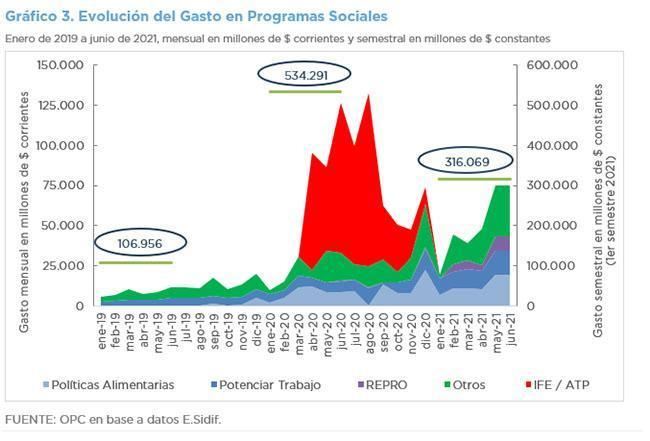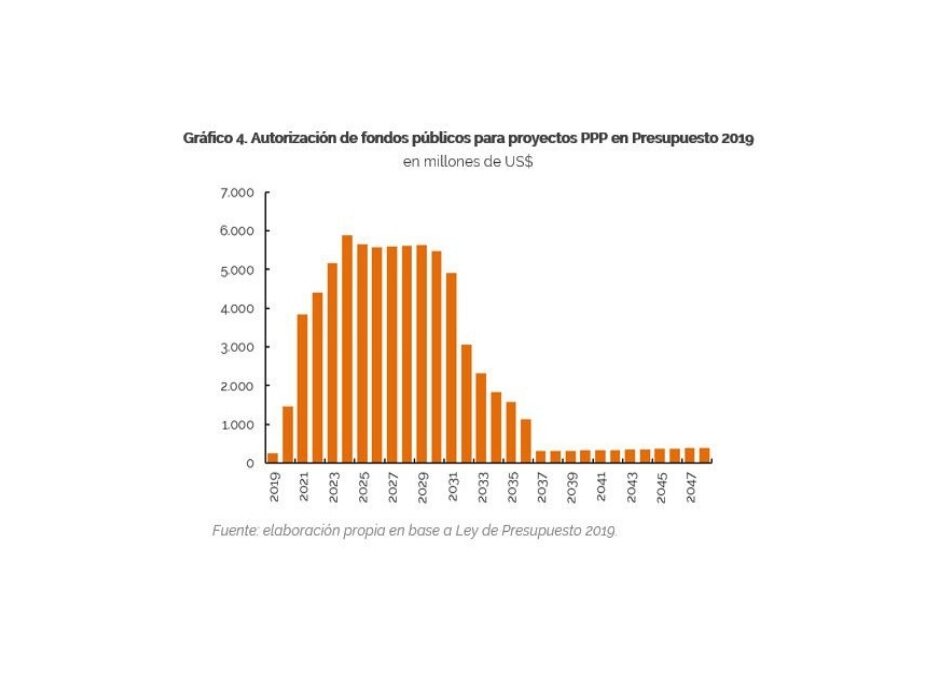
ANALYSIS OF NATIONAL GOVERNMENT BUDGET EXECUTION – JUNE 2021
Because of a real fall in National Government expenditures, mainly in pensions and government wages, and an increase in the different revenue categories, public accounts improved, and the primary deficit was ARS473.1 billion, 64.0% less than that of the previous year.
- Revenues showed a real expansion of 18.7% year-on-year (YoY), with the Solidarity and Extraordinary Contribution (ARS144.4 billion) and the jump in Export Duties (97.9% YoY) standing out.
- Primary expenditures contracted by 7.3% YoY, mainly due to the negative variations in pensions (9.6% YoY) and government wages (5.0% YoY). On the other hand, there were significant increases in capital expenditures (92.1% YoY) and in energy subsidies (43.9% YoY).
- The level of spending on social programs fell in real terms compared to last year but was three times higher when compared to the same period of 2019.
- The initial budget for the fiscal year increased by ARS273.32 billion, whose priority allocations were social programs (REPRO II, PROGRESAR and PAMI, among others) and the acquisition, logistics and distribution of COVID-19 vaccines.
- As of June, approximately ARS177.33 billion were implemented to address the health crisis, equivalent to 43.3% of the current appropriation (ARS409.6 billion).
- As of June 30, total expenditures amounted to ARS4.21 trillion, equivalent to 48.6% of the current budget appropriation, with government wages accounting for 60.0%.

